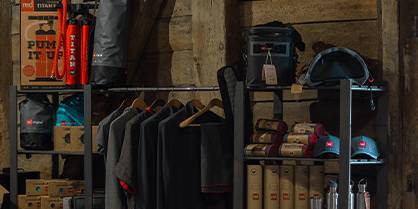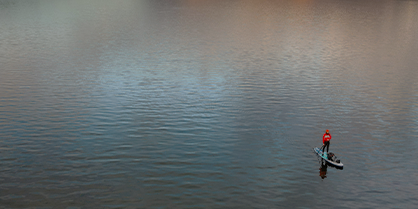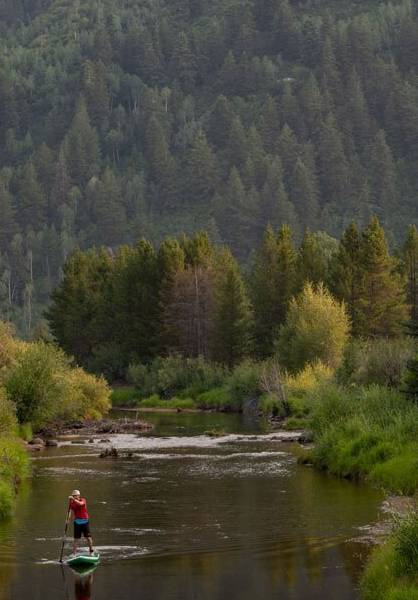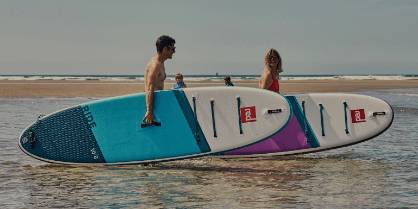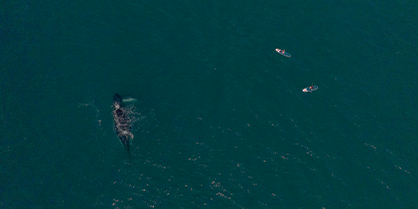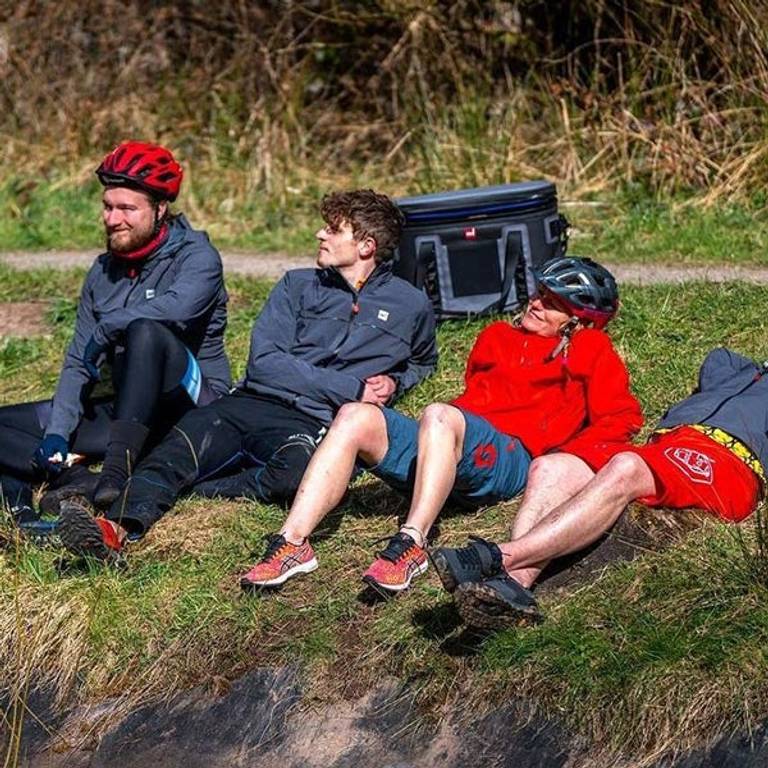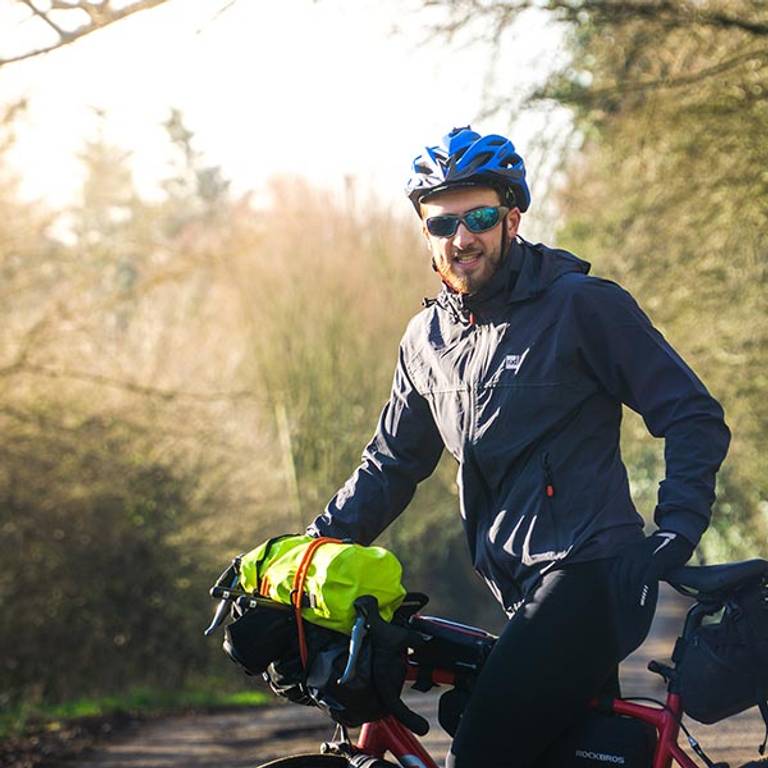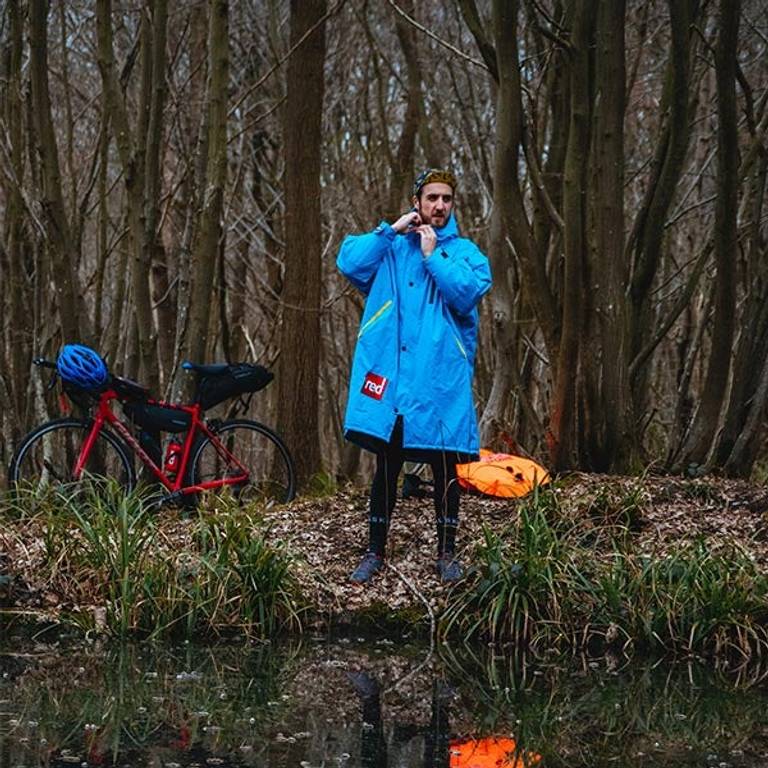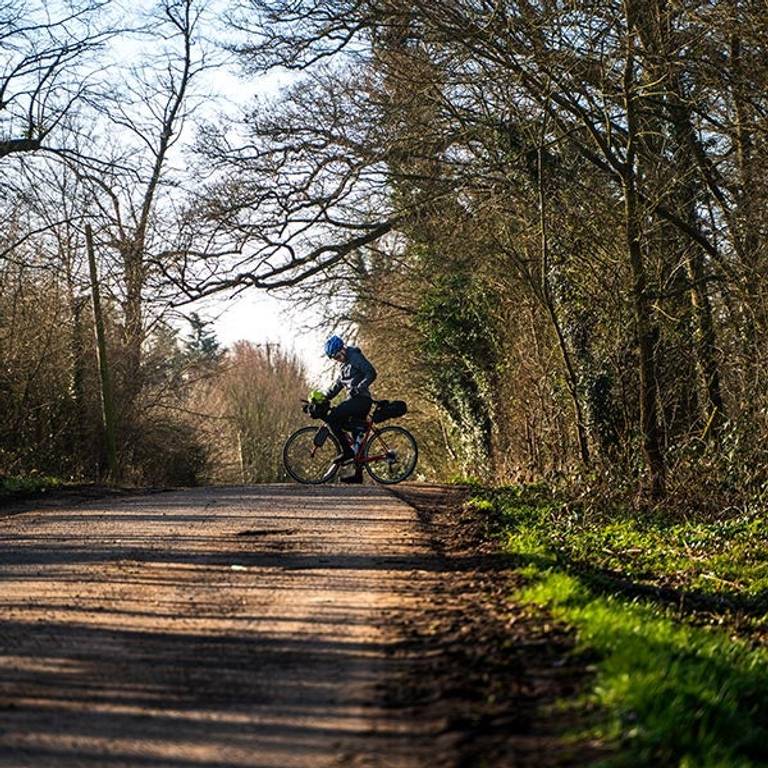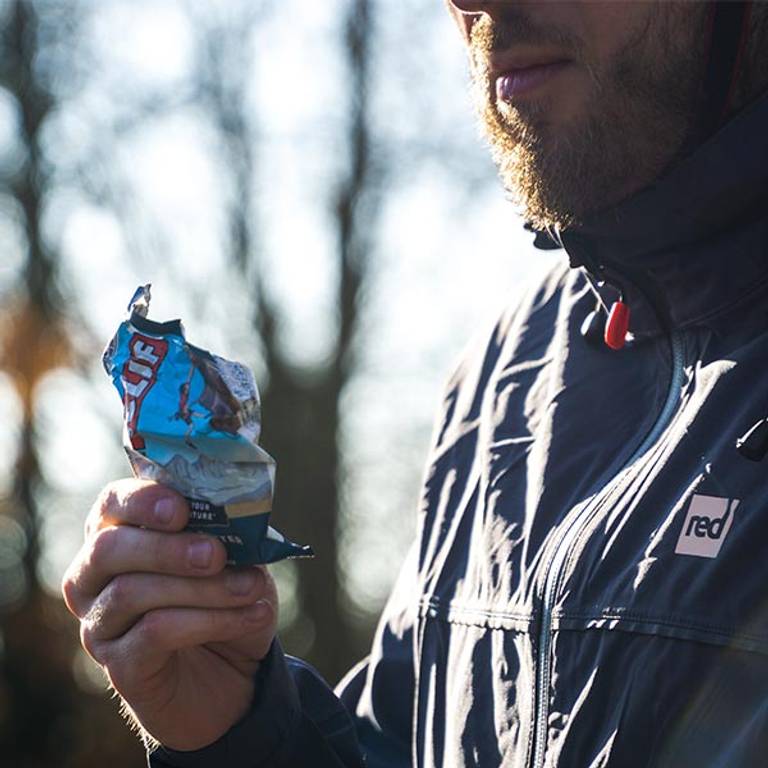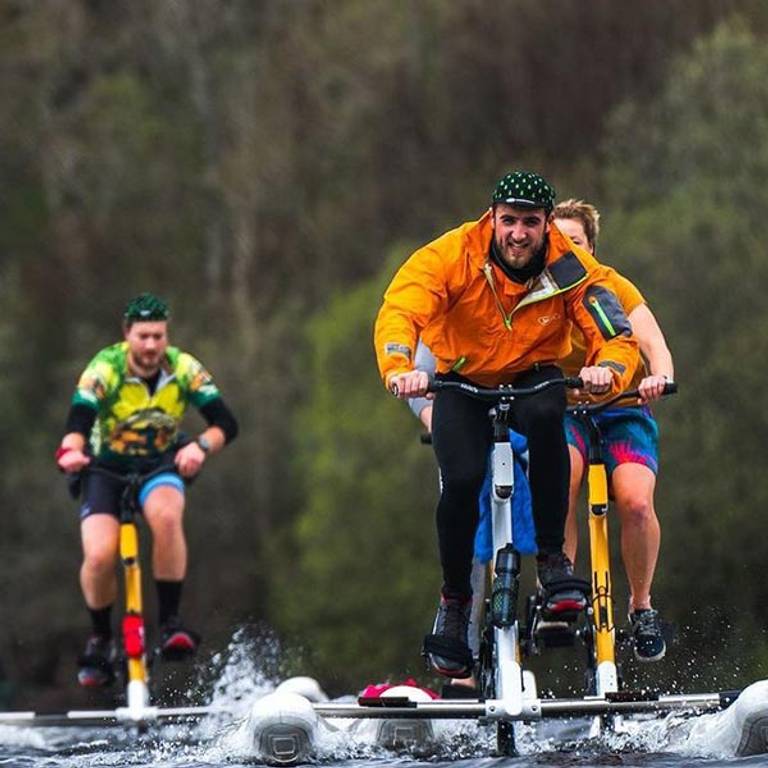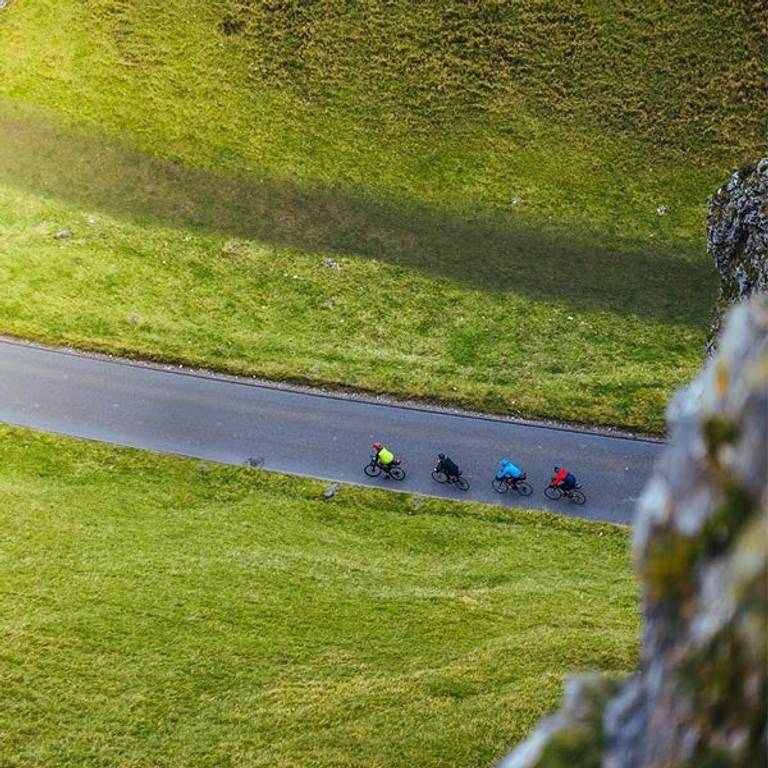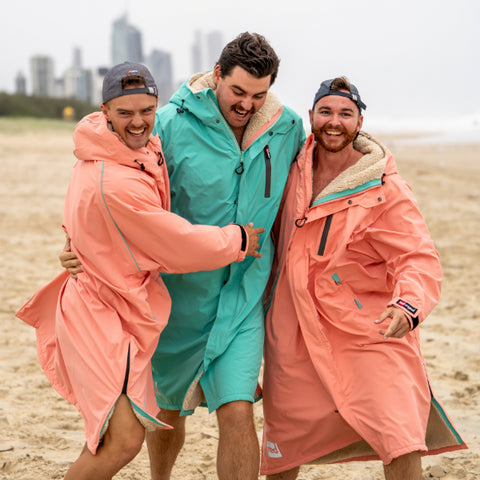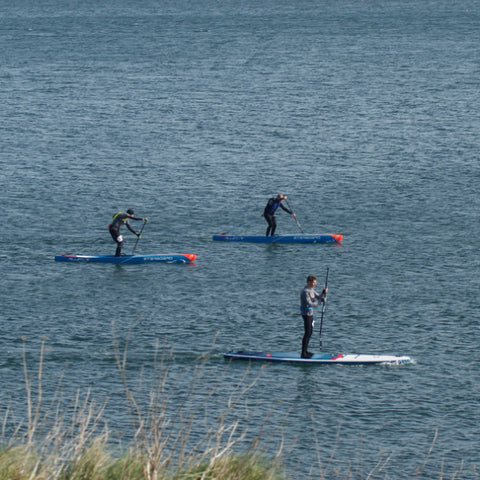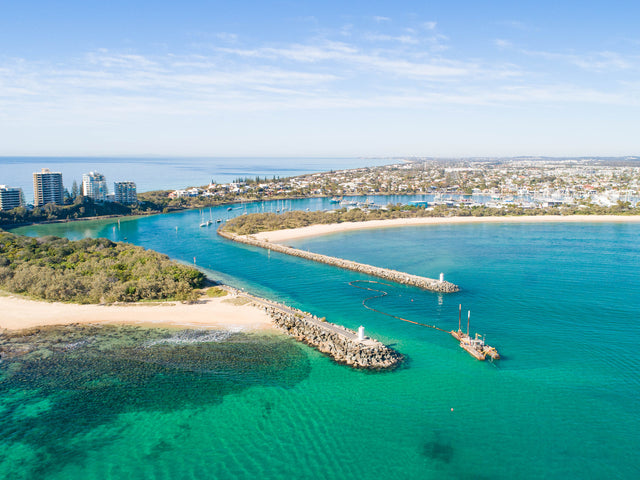
How much adventure can you pack into 14 days? How much time do we have left to preserve and regenerate the UK National Parks? Our outdoor spaces are for everyone to enjoy, it is only in recent climates when we’ve had to strip everything back, restrict our movements and travel to appreciate our open spaces.
We chat to a team of 5 eco-adventurers looking for answers on how we can preserve, protect and enjoy our green spaces in an epic challenge!
Outdoor leisure sees rocketing numbers in participants and more of us stripping back and simplifying our lifestyle. Over the next few years we will certainly see a strain on our cherished outdoor spaces. Land, space, hillside rivers and streams cannot be re-built- you can’t make more land to accommodate demand. Building a Snowdon just isn’t a thing.
Over the last year a team of Eco-Adventurers look to answer these questions. How can we help preserve and work with the development within national parks to preserve and protect these outdoor spaces?
“Not only are we looking to educate ourselves by interviewing experts in the field and visiting their innovative solutions, we will also be sharing this knowledge.”
The team begin their adventure in the Orkney Islands where the 5 adventurers; Isaac Kenyon, Alexandre Pierrot, Lukas Haitzmann, Alex Egan and Sal Montgomery, will cycle on water bikes to John o Groats. From there they will bike pack to Lands End and before taking to the water, bikes again to finish their journey in the Scilly Isles. With departure imminent we sit down with Isaac, nicknamed Mr Enthusiasm by his team mates, to discuss the motive and mission that the team had set out for themselves.
What are the main motivations behind your cycling trip across the UK?
The motivation for this trip comes in a package of three. Firstly, and most importantly, we are seeking to answer the question “How can the UK regenerate National Parks at scale?”. Not only are we looking to educate ourselves by interviewing experts in the field and visiting their innovative solutions, we will also be sharing this knowledge through the production of our documentary, “14 Days South: Over Land and Sea”.
The second motivation is to raise as much money as possible for our charity partner, National Parks UK. It was formed in 2019 (the same year as us!) to bring together the 15 National Park Authorities in the UK, with the remit of raising the profile of the National Parks and promoting joint working.
Thirdly, our JOGLE expedition is one with a twist! We will be incorporating water bikes into our journey, to cycle across two of the most dangerous stretches of sea in Europe: from the Orkney Islands to John O’Groats - the Pentland Firth -, and from Lands End to the Isles of Scilly. In between these sea crossings, which cumulate 50 miles, we will be bikepacking 1150 miles across the UK, ascending over twice the height of Everest. This is a challenge that has NEVER been done before.
We like your new take on John O Groats to Lands End, taking in the Isles of Scilly and Orkney! What will you do differently on these segments of the expedition vs the standard land route?
These segments will be a real test for us! Both sea crossings present their own challenges, requiring additional skills to a traditional land cycle: knowledge of sea survival and crisis operations, use of VHF radio, satellite phone, first aid at sea, and seamanship. The challenge of routing and the interpretation of weather, currents and tides is constant and needs to be understood. We have plenty of sounding boards in the form of experienced ocean rowers, ferry operators and fishermen sailors, whom we can ask for advice on the sea states. We plan to have a pilot vessel directing the show at each crossing, and navigating us through the safest route on the day. The people guiding us live at these locations, have fished on these waters all their lives, and have taken sea swimmers across before.
Luckily, some of our team are naturals in water! Isaac and Lukas both took part in the Talisker Whisky Atlantic Challenge, the world’s toughest row, in 2018. Furthermore, Isaac has a strong background in swimming, and swam the Channel as part of a relay team whilst at university. Sal is an experienced kayaker, who has been on many extreme adventures all over the world. With this wealth of knowledge, the two Alexes are in safe hands!
Most of our readers would be up for the trip, but that would be a logistical nightmare given the timeframe. So what can they do to help to regenerate green spaces?
Working or volunteering for one of the National Parks is a brilliant way to take action on the front line! You can find all current opportunities on the dedicated section of the National Parks UK website. There are plenty of other organisations that do beneficial work for the environment in this country; some of the biggest ones are the National Trust, the RSPB, the Wildlife Trusts, and the Woodland Trust. There is certainly no shortage of opportunities to offer your time!
Day to day, consider the way you access and behave in green spaces. The less destructive we are, the more we can focus on helping nature thrive, rather than purely repairing the damage done. Travel to green spaces by using public transport, or, better yet, by cycling or walking there. Finally, please follow the Countryside Code when you are there.
The most important thing we can each do is recognise the need to restore nature and biodiversity, taking the time to understand why this is a problem. It is this understanding that has driven our ambitions to produce an educational documentary and share the voices of the people who are already working on solutions. We wish for every single person that comes across our campaign, whether by watching the film, hearing our talks or seeing our posts on social media, to take action in their own lives and lead to large scale societal change.
Thanks to platforms such as yourselves helping to spread our, and other similar initiatives’, message, we are able to share our knowledge and solutions in a concise format, and we wish to inspire others to run their own efforts. Furthermore, if our film is screened at COP26, this will enable us to reach the top decision makers directly.
At a grassroots level, enough people focusing on the regeneration of green spaces in their daily lives will eventually influence policymaking and investment towards reversing the current decline of these natural habitats and biodiversity. Given enough noise, this topic will become top of the public agenda, which will only be beneficial for everyone. Ultimately, the more practical and actionable the steps that present are, the more likely it is that our audience will take them.
Most of our readers would be up for the trip, but that would be a logistical nightmare given the timeframe. So what can they do to help to regenerate green spaces?
Working or volunteering for one of the National Parks is a brilliant way to take action on the front line! You can find all current opportunities on the dedicated section of the National Parks UK website. There are plenty of other organisations that do beneficial work for the environment in this country; some of the biggest ones are the National Trust, the RSPB, the Wildlife Trusts, and the Woodland Trust. There is certainly no shortage of opportunities to offer your time!
Day to day, consider the way you access and behave in green spaces. The less destructive we are, the more we can focus on helping nature thrive, rather than purely repairing the damage done. Travel to green spaces by using public transport, or, better yet, by cycling or walking there. Finally, please follow the Countryside Code when you are there.

